News roundup 1 to 15 July 2025
Asia-Pacific animal health news roundup

Latest activities from FAO’s regional and country teams.
In this news roundup
ANTIMICROBIAL RESISTANCE | |||||||||||
| INDIA On 7 July, FAO delivered opening remarks at the launch of the first online cohort of the Assessment Tool for Laboratories and AMR Surveillance Systems (ATLASS), delivered through the Virtual Learning Center (VLC). Supported under the Pandemic Fund, the six-week pre-training course engages 40 laboratory professionals to assess and improve national AMR surveillance frameworks using the ATLASS tool. The course reinforces FAO’s commitment to building laboratory capacities through standardized, science-based approaches. | ||||||||||
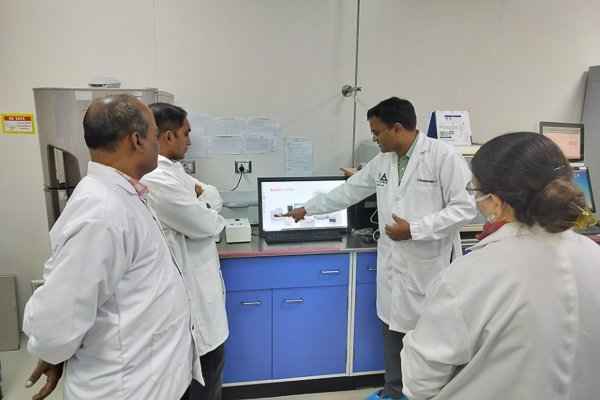 © FAO/Robin Paul © FAO/Robin Paul | INDIA From 30 June to 2 July, FAO conducted a needs assessment mission to the Southern Regional Disease Diagnostic Laboratory (SRDDL) and the Indian Council of Agricultural Research-National Institute of Veterinary Epidemiology and Disease Informatics (ICAR-NIVEDI) in Bengaluru to evaluate their capacity for AMR surveillance and preparedness for genomic surveillance of emerging infectious and zoonotic diseases. Carried out under the Pandemic Fund initiative, the mission supports ongoing efforts to strengthen four regional laboratories within the INGeS/AMR laboratory networks. The visit also helped identify key AMR activities to support the development of ICAR-NIVEDI as an FAO AMR Reference Centre, in coordination with the Department of Animal Husbandry and Dairying, Government of India. | ||||||||||
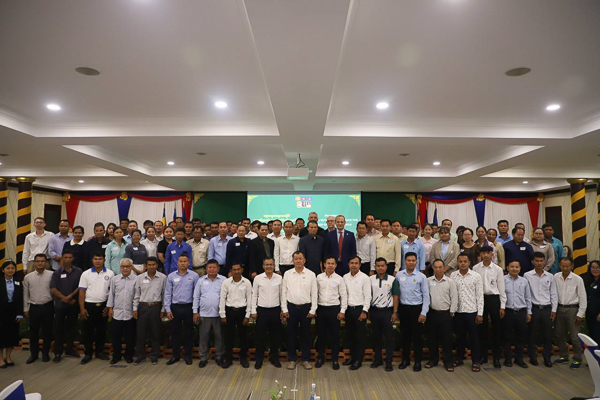 © FAO © FAO | CAMBODIA Held from 14 to 16 July in Siem Reap, a training co-organized by FAO and the Ministry of Agriculture, Forestry and Fisheries brought together over 100 participants to promote animal nutrition as a means to reduce antimicrobial use. Funded by the Republic of Korea’s AMR ACT project, the sessions focused on improving feed quality and safety and encouraging responsible antimicrobial use in livestock production. Participants included farmers, feed inspectors, veterinarians and representatives from academic institutions. | ||||||||||
.jpg?sfvrsn=95d6ff2f_1) © FAO/Gunawan Utomo © FAO/Gunawan Utomo | INDONESIA With support from the European Union, FAO and World Health Organization (WHO) conducted field visits to veterinary drug labs, poultry farms, pharmaceutical and health facilities, in Bogor and Bandung, from 30 June to 1 July. The visits gathered stakeholder insights on antimicrobial production, distribution, monitoring and use in the human and animal health sectors. Each site demonstrated ongoing efforts to comply with AMR regulations and reduce the risk and spread of resistant bacteria. Insights from the visits will contribute to drafting a Presidential Regulation to serve as the legal framework for One Health approach, including Indonesia’s AMR National Action Plan. | ||||||||||
CAPACITY DEVELOPMENT | |||||||||||
| |||||||||||
| Back to top | |||||||||||
ONE HEALTH | |||||||||||
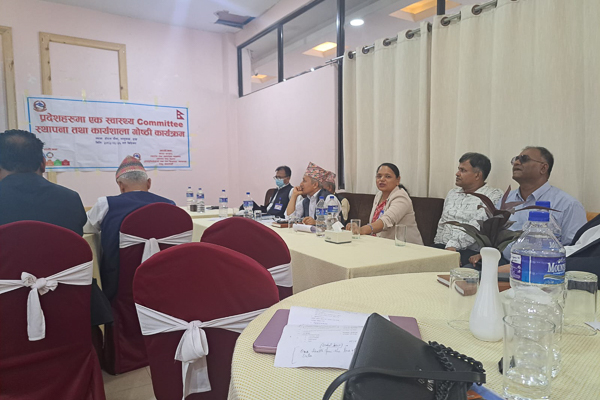 © FAO/Sharmila Chapagain | NEPAL FAO supported the Department of Health Services and the Department of Livestock Services in the formation of the provincial One Health committee for Lumbini Province through a workshop on 10 July. The event, held with financial support from the Pandemic Fund, gathered 44 high-level multisectoral officials and marked the completion of provincial One Health committee formation across all seven provinces of Nepal. | ||||||||||
SURVEILLANCE | |||||||||||
| |||||||||||
| Back to top | |||||||||||
PARTNERSHIPS | |||||||||||
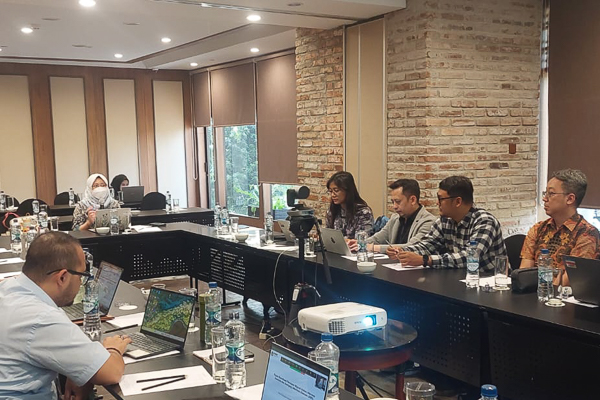 © Government of Indonesia | INDONESIA From 19 to 20 June, FAO and the Coordinating Ministry for Human Development and Cultural Affairs convened a coordination meeting to advance the national zoonoses and emerging infectious diseases (EIDs) information system (SIZE), with support from the Pandemic Fund. To accommodate the system migration, key milestones were outlined, including team formation, server provision, technical support for system migration by the Ministry of Communication and Digital Technology and pilot testing, with a soft launch targeted for August 2025. The upgraded SIZE system will support more efficient data integration and outbreak monitoring. | ||||||||||
| INDIA On 1 July, FAO participated in the launch of the living lab on extensive livestock production in India, led by the Rainfed Livestock Network (RLN). The initiative promotes innovation and collaboration to support mobile and extensive livestock systems and pastoralist communities. FAO presented a poster showcasing efforts in non-bovine milk promotion, clean milk scorecard, biosecurity, antimicrobial resistance containment and community-based surveillance. FAO also emphasized the importance of engaging mobile livestock keepers to improve their access to animal healthcare, practical biosecurity measures and One Health strategies. The living lab aims to embed grassroots realities into policy and investment frameworks, including the National Livestock Mission. | ||||||||||
| INDONESIA Following a national meeting on 23 June, FAO and the Ministry of Agriculture developed a technical recommendation document outlining the Operational Plan Concept for Village-Based Mass Rabies Vaccination (2025–2029). The plan targets annual 70 percent dog vaccination coverage in selected areas and includes methodologies for estimating dog populations to guide implementation. FAO remains committed to supporting national rabies control in Indonesia. | ||||||||||
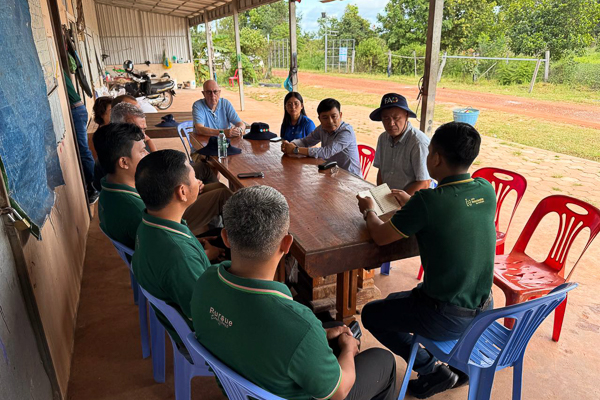 © FAO © FAO | CAMBODIA On 17 July, the FAO team visited pig and poultry farms in Banteay Srey district to observe production systems and assess animal health management practices. The field engagement aimed to inform future programmatic activities and strengthen technical support to Cambodian livestock farmers. | ||||||||||
- Learn more about our work on antimicrobial resistance here.
- Learn more about our work on capacity development here.
- Learn more about our work on One Health here.
- Learn more about our partnerships here.
- Learn more about out work on surveillance here.
Subscribe to our biweekly update here.

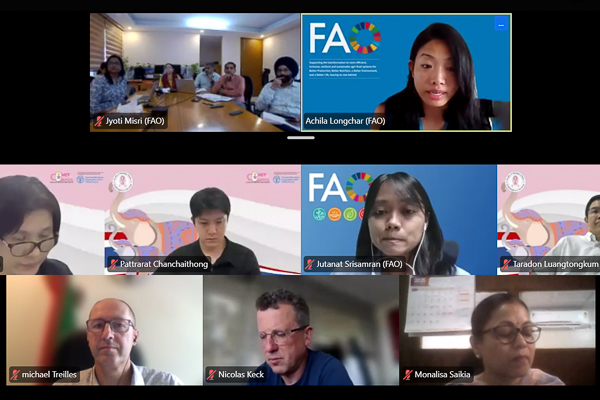 © FAO/Bushra Owaisy
© FAO/Bushra Owaisy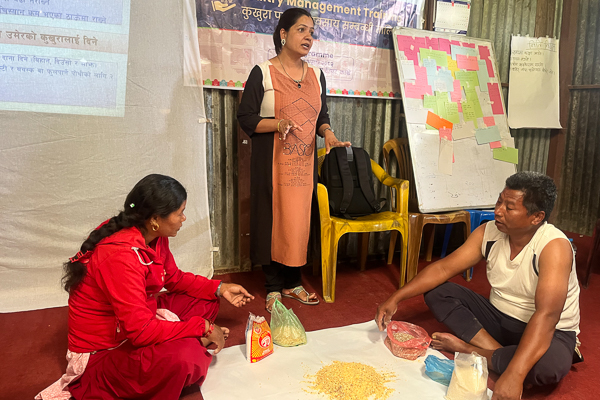 © FAO/Pallavi Adhikari
© FAO/Pallavi Adhikari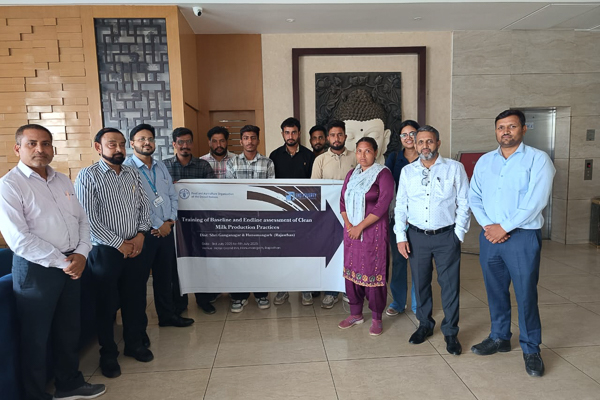 © FAO/Muhammad Hasib
© FAO/Muhammad Hasib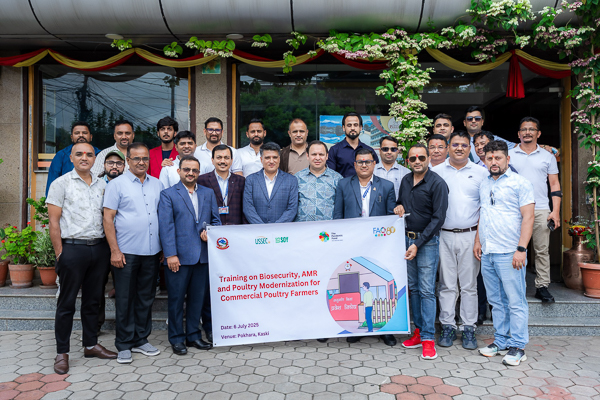 © FAO/Surendra Karki
© FAO/Surendra Karki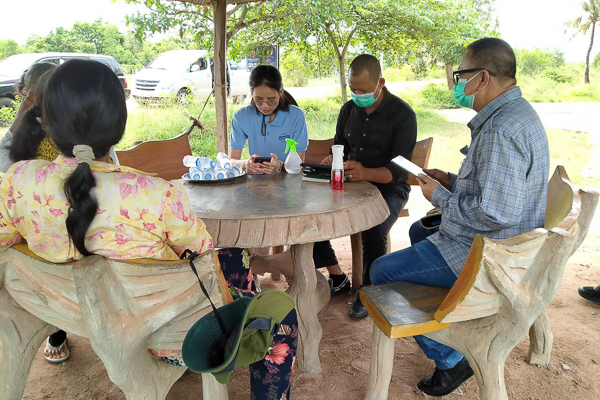
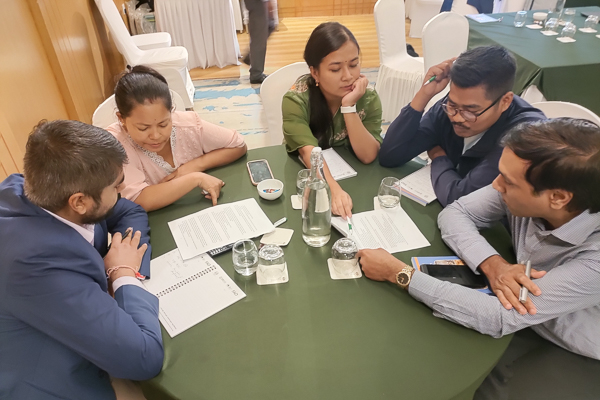
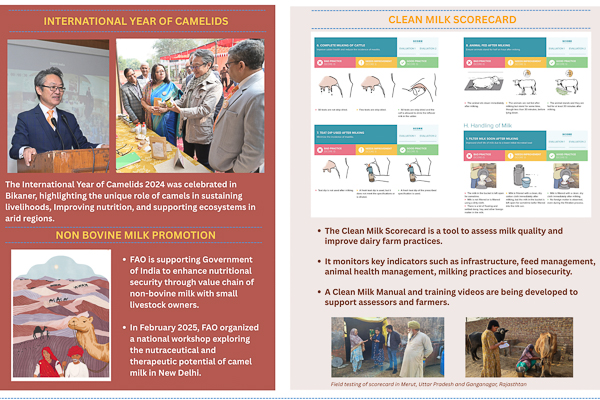 © FAO
© FAO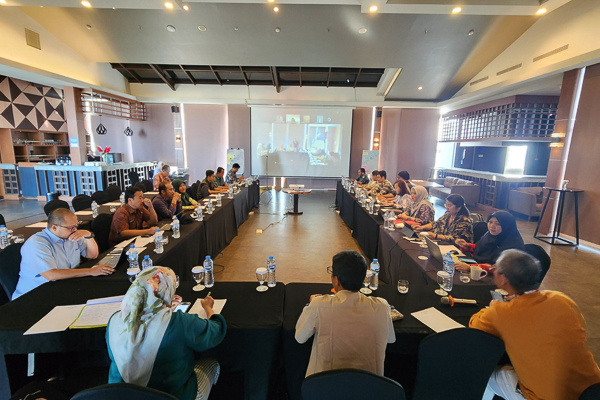 © FAO/Andri Jatikusumah
© FAO/Andri Jatikusumah